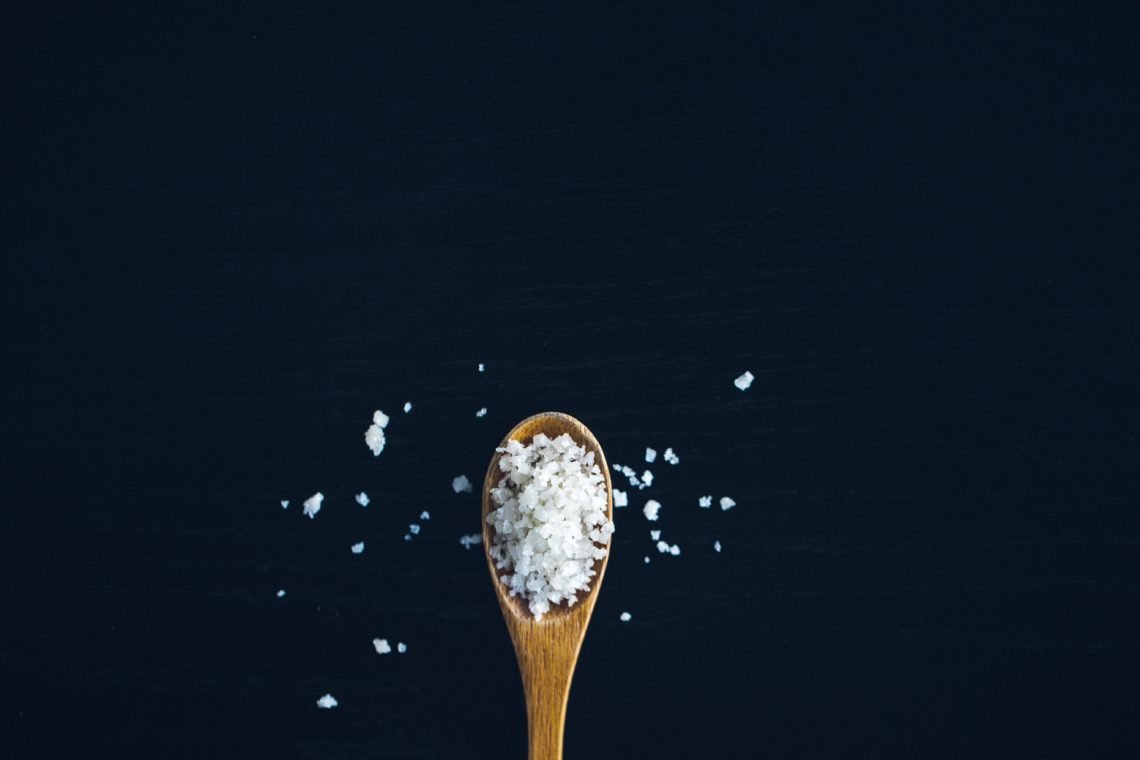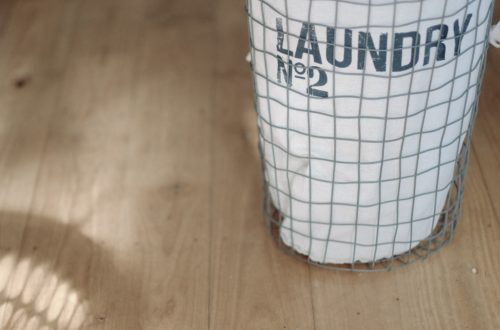
Salt
The cure for anything is salt water: sweat, tears, or the sea. Isak Dinesen
I clipped this quote out of a magazine I was flipping through while taking a break from my writing yesterday. For a dedicated salt-lover, it caught my eye. YES, I said to myself– the true value of salt is revealed!
I am famous in my family for my love of salt. I consumed a bowl of salty home-made popcorn just last night. I love salty snacks much more than sweet ones…pretzels, salty feta cheese, nuts, vinegar and salt chips…if it is high in salt content, I like it. Surprisingly, I don’t salt my food excessively— well except for tomatoes, and of course watermelon (Who could eat watermelon without salt?)…and … By the time most days are over, I’m sure that I have far exceeded the recommended daily amount of salt. It’s fortunate that by some chance of genetics, I did not inherit a tendency for high blood pressure as the link between salt and blood pressure is clearly established. While many people struggle with this malady and restrict their salt intake for excellent health reasons, I shake merrily along. My age and diet should combine to give me problems, but during my check-ups, the blood pressure cuff on my arm reliably measures 100 over 60. I know that a diet with little attention paid to salt intake has other health consequences as well. Some salt is necessary for life, but too much salt can and does lead to trouble. I do not advocate that anyone sign on for my salt- infused diet. I joke that if I were told to restrict salt, I would have nothing left to eat. Yet my love affair with salt is not a laughing matter. My lifestyle is otherwise very healthy including minimal sugar intake, lots of water and daily exercise. I eat my veggies and fruits daily. Still…. that overdoing of the salt thing is not good for anyone, ever. I could make the change on my own and start reducing my salt intake, of course, but like a lot of us, I’ll probably keep putting it off. My conscience does prick me enough that I included a New Year’s resolution to cut down on my salt. We’ll see how that goes.
I return to the quote above, which describes not salt per se, but salt water. Salt and salt water (saline) are infused into our bodies, which must have salt to live (If it could be stored, I think I’ve stored up enough salt to live about 1000 years). Our bodies push the salt out of ourselves as we sweat and cry, as if exuding and exposing our very essence. Brains that are low on salt levels do not function well and we can make foolish decisions. Millions of creatures can survive only in the salty confines of the oceans. Salt is essential for life, physical health and mental stability. An extremely low level of salt can literally kill us. Salt was so important in ancient times that it was used as a form of money. Salt led to some civilizations flourishing and others failing. Salt lamps are said to impart calm and cleanse indoor air. Salt plays a critical part in our history, both collective and personal.
Biblical scholars know the stories of salt and its significance in two pivotal faith stories. Like Lot’s wife, I might become as lifeless as a pillar of salt should I spend time looking back at places best left behind and things that are over and done with. (See Genesis 9). Like the weak, flavorless salt in one of Jesus’ examples (See Matthew 5), I can dilute my faith until it becomes meaningless. There are plenty of stories and sermons that have been and will be preached about these salty ideas. But I started off this salty tale with the words of the famous author of Out of Africa. Sweat, tears, and the sea— all salt water that she says– cures anything. It is salt water that she suggests as a bold remedy.
Sweat— Our bodies respond, in liquid form, to heat and exertion, to fear and to stress. I think of the times that good old hard work saved me from fits of anxiety, contributed to my family’s financial security and gave weight and worth to my life. Sweat comes from walking out of necessity or to keep healthy, from digging ditches or digging in the garden, from heavy lifting and concentrated effort, from packing and moving boxes. When we stop sweating our bodies are in danger of heat stroke. Sweat signals over-heating and then relieves it. Sweat pops out unexpectedly when we are worried, nervous or frightened. Sweat signals change. I take a cue from one of Dinesen’s cures: hard work, as in physical labor is good for us; too much is not. Sweat relieves and sweat cautions. The salty water of sweat drips Balance for me.
Tears— Tears spring from so many places in our hearts and in our bodies. Tears express joy and tenderness. Tears arise from physical and emotional pain. My family heritage tends toward a stoic approach to physical pain, grief or turmoil and I am not the type of person who cries easily. Neither do I avoid tears when they come. I recall times when I held onto my tears when shedding them was just too painful. I think of the times that nothing really healed me or got me started off in a new direction until I had what my mother called a good old fashioned cry. Tears restrained; tears shed. I see another facet of Dinesen’s wisdom seeping through: the value of keeping emotions in check or letting them flow according to need and situation. The salty water of tears weep Balance to me.
The sea— Salt water, or more accurately sea water, provides a welcoming, essential habitat for myriad creatures living in the vast oceans that surround us land-based creatures. We humans revel in the buoyant sea water that keeps us afloat when we are splashing around in the Gulf. The seas invited sailors from long ago to travel far distances. The salt helped preserve their food and sustained life. The salt in the oceans have an optimum level, and the waters can become toxic to its inhabitants if the concentration gets too high. Salt water is both life and death. It heals and dries. It parches and shrivels. The salt water in the ocean has its vital purpose, but cannot be used for the one thing that humans have to have every single day- fresh water. Both kinds of water are necessary for life. From the salty sea flows Balance to me.
I take issue with Dinesen. Salt water is not the cure for anything, but it is a cure for some things: the regulating and equilibrium of sweat and its tangible, earthy benefits; the ability to hold in tears when shedding them is too painful, and to cry when our emotions need release. These are, if not cures, at least possibilities for healing. The salty sea water does not seem a cure-all, until I think about how salty water dries wounds and soothes pain, or how my soul quiets and peace descends when I walk by the sea or float on it. As I listen to the whooshing sounds of salty waves on one of my relaxation Apps, I drift off to sleep. Even if salt cannot always cure a problem, its presence reminds me of resolutions and solutions. Salt water cautions me that, like so many things in this life, too much of something is often not good for me. Too little may not be either. Balancing those things, well, that takes thought and work, a combination of contemplation and concrete actions. Are these the cures that Dinesen envisioned? Cycles of exertion and rest? Savoring the buoyancy of life along with a measure of caution? Less backward and more forward thinking? A vital, less diluted faith? The ability to grieve and to rejoice? The benefits and dangers of too much or too little?
Perhaps salt truly is the cure for anything, as long as we use it wisely in all of its many forms. Like lots of practices, Balance is easier to write about than to achieve. It’s hard to recognize when we may be overdoing a good thing, or lacking some essential element. I cannot ignore that it is way past time for me to moderate my salt intake and search for that sometimes illusory balanced diet. I modify that New Year’s resolution: Seek Balance in all things, even in salt.
Reflection Question:
What clues or cues are currently leading you to seek more balance in an area of your life? (Physical, mental, emotional, spiritual)




